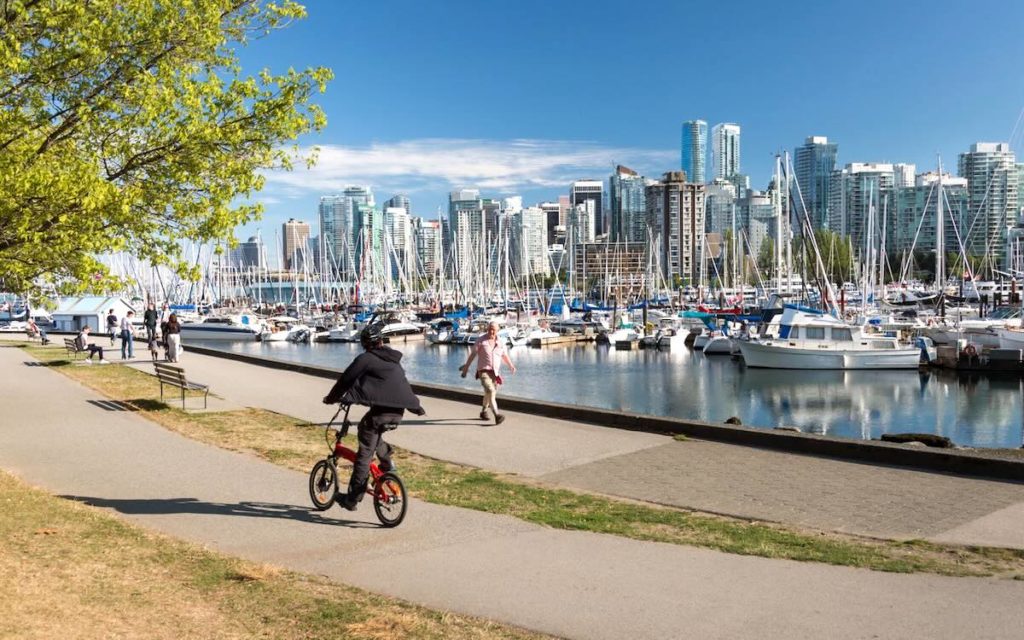July 30, 2024 - Incentive programs can be really effective in enabling a modal shift according to a University of British Columbia (UBC) study released in March reports Electric Autonomy.

Given the lack of research on how incentives impact emissions and travel habits the study was designed to quantify how, if at all, incentives reduce emissions or encourage people to drive automobiles less.
Residents of Saanich, B.C. who took part in a city-led e-bike incentive program in 2021/2022 reduced their automobile use by an average of 49 km per week.
Researchers found large shifts in behaviour as purchasers had a high satisfaction with their new e-bikes travelling anywhere between 30 to 70 kilometres per week.
“You don’t [normally] see large shifts in travel behaviour, so to see that amount was quite remarkable,” says Alex Bigazzi, lead author of the study and associate professor in UBC’s department of civil engineering.
Read the full report here.

















